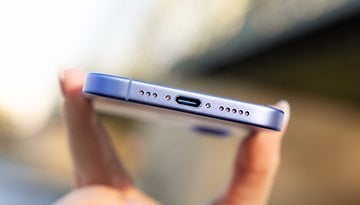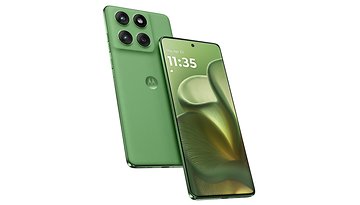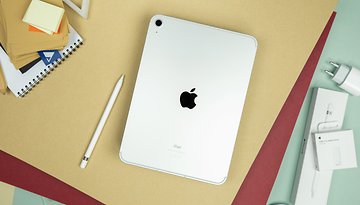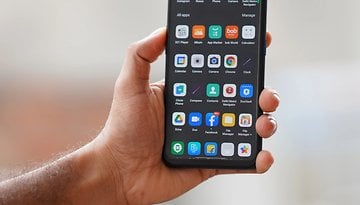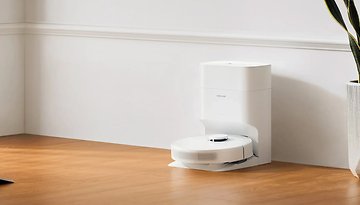Huawei Sheds HarmonyOS Next Roadmap: The First Phones to Be Updated
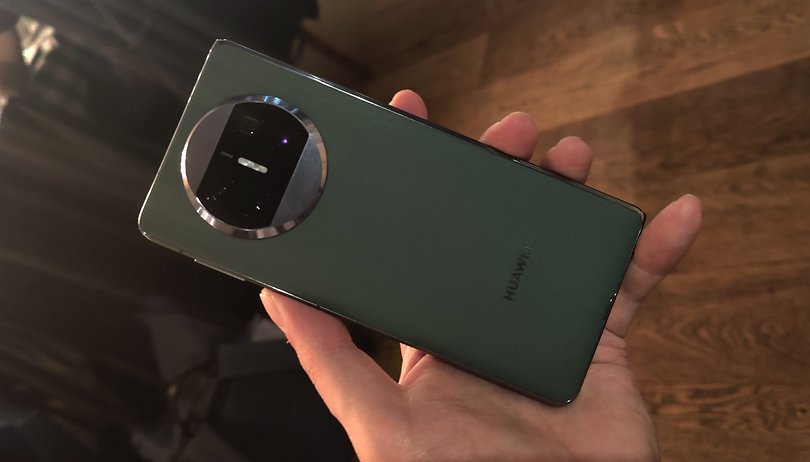

Read in other languages:
Huawei has announced plans to fully abandon the open-source Android codebase (AOSP) in favor of HarmonyOS Next. During the launch of the Mate X6 and Mate 70, the company shared more details about its upcoming in-house operating system and confirmed that future mobile devices will fully transition to this new platform.
- Also read: Best foldable smartphones to buy in 2024
The Mate X6 foldable and Mate 70 series were recently unveiled in China, offering significant hardware upgrades over their predecessors. However, the spotlight was on the operating system powering these devices.
According to a Reuters report, Huawei stated that the Mate X6 and Mate 70 are designed to support HarmonyOS Next, which will be branded as version 5.0. Despite this, both devices will initially ship with HarmonyOS 4.3, with users given the option to upgrade to HarmonyOS Next in 2024 once it becomes available.
Will older Huawei devices be upgraded to HarmonyOS Next?
Huawei's executive Richard Yu (via CNBC) confirmed that this upgrade is made possible by a new, unnamed chipset powering these devices. However, this shift could mean that older Huawei models may not be compatible with HarmonyOS Next.
Looking ahead, Huawei revealed that devices launching in 2025—including smartphones, tablets, and wearables—will also run HarmonyOS Next. This suggests that upcoming models like the Huawei Pura 80 and Nova 14, successors to the Pura 70 and Nova 13 series, are likely to adopt the new OS.
Currently, HarmonyOS Next supports over 15,000 apps, but Huawei expects this number to surge to 100,000 by next year. In contrast, the current version of HarmonyOS relies on the Android codebase, enabling compatibility with millions of apps.
Huawei’s shift toward developing its own operating system stems from U.S. trade restrictions imposed in 2019, which forced the company to seek alternatives. This situation intensified recently when the Biden administration barred Huawei from sourcing U.S.-made chipsets and related technologies.
With its custom OS and chipsets, Huawei is positioning itself to compete directly with established ecosystems from Google and Apple.
What are your thoughts on Huawei's move? Do you think that the existence of another prominent competitor will be beneficial for consumers? Share your opinion in the comments.
Via: 9to5Google Source: Reuters, CNBC
